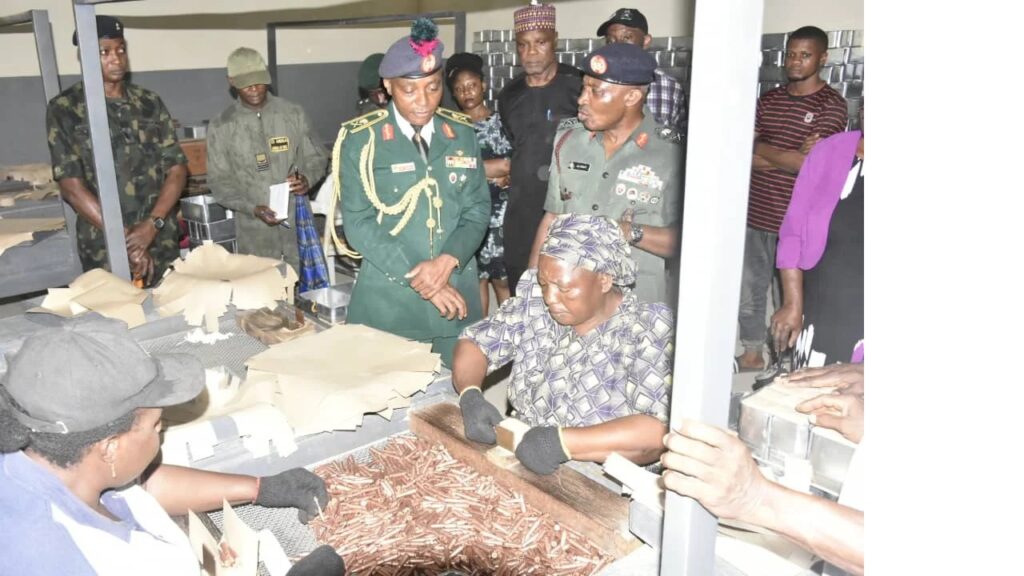
Oshiomhole advises against agitations for salary increments
The Nigerian Textile Garment and Tailoring Employers’ Association (NTGTEA) has demanded a breakdown and timelines for the actualisation of President Bola Tinubu’s eight-point agenda.
The association’s President, John Adaji, who asked for the breakdown at the opening session of the 13th National Delegates’ Conference of NTGTEA, in Abuja, yesterday, said that the eight-point renewed hope agenda is largely in prose format, lacking details on deliverables.
He said: “How many decent jobs are to be created within the context of the Renewed Hope Agenda? How many Nigerians will be lifted out of poverty?
How many new investments in manufacturing are we looking at? How many closed factories, including labour-intensive textile industries, are to be resuscitated? These are some of the questions on the minds of many Nigerians.”
Adaji insisted that though the textile industry is largely comatose, it is still the largest private employer of labour in Nigeria after the government.
He noted that the world of work is changing like never before and that this affects all sectors of the global economy.
While acknowledging the contributions of successive governments to the revitalisation of the textile industry, he stressed that there exists a huge gap between policy pronouncement and policy implementation.
While the union applauded Tinubu’s ambitious strategic vision for Nigeria’s development, Adaji added that there is a need for a clear roadmap on how the administration intends to realise this vision in the next four years.
He lamented that over the years, the capacity of the industry has diminished drastically, coupled with large-scale job losses, which has created a pool of unemployed Nigerians with corresponding high poverty levels and an increase in crime rates.
In the meantime, a former General Secretary of the union, Adams Oshiomhole, has urged labour unions to de-emphasise agitations for salary increments but focus on the value the naira can purchase.
While expressing how regular payment of salaries has been when the current minimum wage of N30,000 was agreed upon with employers, Oshiomhole, who is now a Senator, argued that many state governments are still unable to pay the wage that is lower than $30 for the job done for 30 days.











